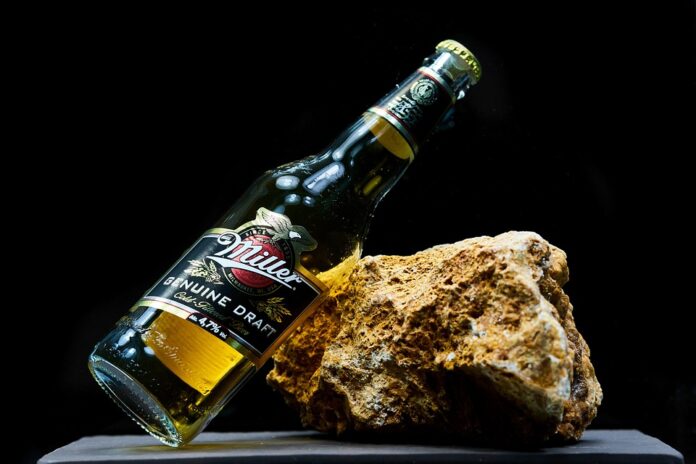The Importance of Authenticity and Transparency in Beverage Branding
In the competitive world of beverage branding, authenticity and transparency have emerged as key factors in winning consumer trust and loyalty. Consumers today are more discerning than ever, seeking brands that align with their values and offer products they can trust. This shift in consumer behavior has made authenticity and transparency essential components of successful branding strategies in the beverage industry.
Building Trust through Authenticity
Authenticity in beverage branding involves staying true to the brand’s values, origins, and mission. Consumers are drawn to brands that have a genuine story to tell, whether it’s a commitment to sustainability, a dedication to quality ingredients, or a unique heritage. By communicating these authentic aspects of the brand, beverage companies can build a strong emotional connection with consumers and differentiate themselves from competitors.
One example of a beverage brand that has successfully leveraged authenticity in its branding is Coca-Cola. The company’s iconic logo, red color scheme, and classic glass bottle design evoke a sense of nostalgia and tradition, reinforcing its status as a timeless and authentic brand. Coca-Cola’s consistent messaging around happiness, togetherness, and refreshment further solidifies its authenticity and resonates with consumers around the world.
Winning Consumer Confidence through Transparency
Transparency in beverage branding involves being open and honest about the ingredients, sourcing, and production processes behind the products. Consumers today are more conscious of what they consume and are increasingly seeking products that are natural, organic, and ethically sourced. By providing clear and transparent information about their products, beverage companies can earn the trust of consumers and foster a sense of credibility and reliability.
One company that has excelled in transparency in beverage branding is Honest Tea. The brand prides itself on using organic and Fair Trade certified ingredients, and its packaging includes detailed information about the sourcing and production of its products. This commitment to transparency has helped Honest Tea build a loyal customer base of health-conscious consumers who value honesty and integrity in their beverage choices.
The Financial Impact of Authenticity and Transparency
Investing in authenticity and transparency in beverage branding can yield significant financial benefits for companies. According to a study by Label Insight, 94% of consumers are likely to be loyal to a brand that offers complete transparency, and 56% are willing to pay more for products that are transparent about their ingredients and sourcing. This indicates that consumers value authenticity and transparency and are willing to reward brands that prioritize these qualities.
In addition to driving consumer loyalty and premium pricing, authenticity and transparency can also help beverage companies attract new customers and expand into new markets. By differentiating themselves from competitors and building a strong brand reputation based on trust and integrity, companies can gain a competitive edge and position themselves for long-term success in the ever-evolving beverage industry.
Industry Insights and Trends
The beverage industry is constantly evolving, with consumers becoming more conscious of health, sustainability, and ethical practices. As a result, beverage companies are increasingly focusing on authenticity and transparency in their branding to meet the changing demands of consumers. From clean label products to traceable sourcing, companies are finding innovative ways to communicate their commitment to authenticity and transparency and build trust with consumers.
In recent years, there has been a rise in demand for natural and organic beverages, as consumers seek healthier alternatives to traditional sugary drinks. This shift in consumer preferences has led beverage companies to reformulate their products, remove artificial ingredients, and provide more information about the sourcing and production of their beverages. By embracing authenticity and transparency in their branding, companies can stay ahead of these trends and cater to the evolving needs of consumers.
Conclusion
In conclusion, authenticity and transparency are essential elements of successful beverage branding, helping companies build trust, loyalty, and credibility with consumers. By staying true to their values, communicating openly about their products, and prioritizing honesty and integrity, beverage companies can differentiate themselves in a competitive market and establish a strong brand identity that resonates with consumers. As consumer preferences continue to evolve, authenticity and transparency will remain key drivers of success in the beverage industry, shaping the future of branding and marketing in this dynamic and constantly changing market.




